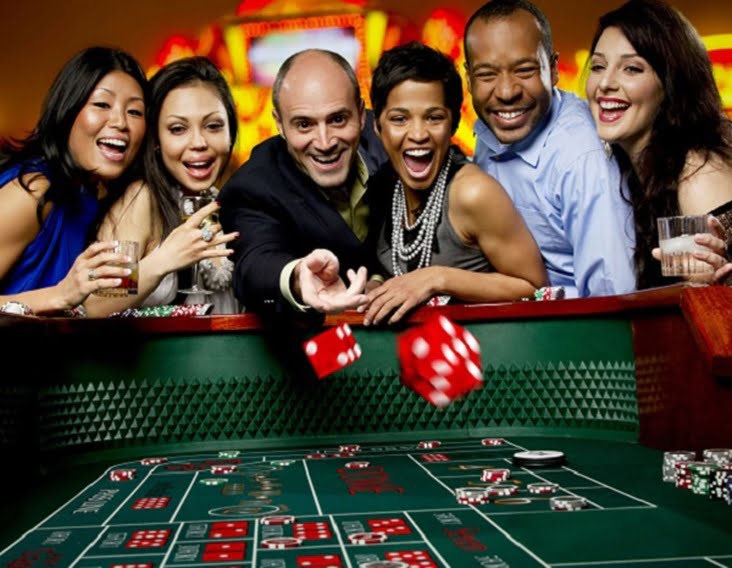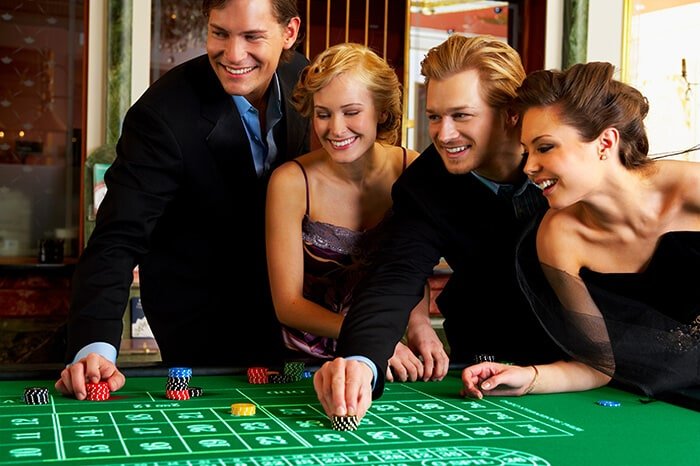
5 cognitive biases that affect casino players
What makes someone frantically put money back into a slot machine, endlessly bet the same number on roulette? When we play in the casino, cognitive biases affect our ability to reason rationally.
Cognitive bias is a form of thinking that affects our ability to reason logically or rationally. Each of us gives in to this kind of bias on a daily basis, most often unconsciously. Under stress or excitement, we tend to use lower level, an automatic thought process, which causes us to act irrationally.
It might sound obvious, but it is important to understand that even when we are doing something we enjoy, like playing best casino games or playing the lottery, this cognitive bias is very present.

If in addition, you add the notion of stress to the notion of excitement, during a poker tournament or when you are close to the jackpot on a slot machine, this cognitive kiss is even more intense. This is also why we must always play with caution and not get too carried away.
The gamer fallacy
Also called bettor error, this cognitive bias consists in believing that an earlier event can influence the one after. If the roulette wheel lands on red five times in a row, we tend to think that it is more likely to land on black the next time. In reality, the draws being independent, the probability always remains the same: one in two chances. Likewise, a series of losses at the slot machine leads us to believe that the machine will eventually “return” the money, which causes us to keep betting.
The law of large numbers
Most people tend to think of large samples as more representative for calculating probabilities. When presented with a 100-card deck with 15 winning cards, the probability of drawing a winning card is 15% (15 divided by 100). Another 10-card set with two winning cards gives a 20% probability of winning (2 divided by 10), which is higher than the previous game. However, we tend to believe that we have a better chance of winning with them. 15 cards.
Overconfidence
Overconfidence is the tendency to overestimate one’s abilities. This bias has been demonstrated in various fields: more than half of people believe that they have above-average intelligence.
Overconfidence mainly concerns strategy games, where we tend to think we are more gifted than other players are which pushes us to take more risks. This belief is often combined with the resulting bias: if I won, it is not due to chance but because I am the best.
Availability bias
When we think of gambling or online casino games, we immediately imagine the coins dripping from the slot machine or the lotto winner screaming with joy upon discovering his winning grid. Over-publicized and promoted by the casinos themselves, these examples are meant to make these memories readily available to our brains.
So, when we are playing we remember those scenes that seem close to us even though the probability of winning is very low. This is mainly what attracts players to online casinos, this idea of hitting the jackpot easily on one of the online games while it takes patience, practice, and a certain amount of money invested to get winnings on online casino games.
The illusion of control
The illusion of control is the tendency to believe that we have the power to control events that are beyond our control. Psychological studies have, for example, shown that players roll the dice slowly when they expect low numbers, and harder when they want high numbers. This illusion of control can be active, as in this example or in carrying a lucky item, or passive (“since I’m lucky today, I have to make bigger bets”).

Casino players’ cognitive biases FAQs
A cognitive bias is an error in thinking that affects the decisions and judgments that people make. Research suggests that gamblers show a range of biases that contribute to the development and maintenance of pathological gambling.
Some of these biases include: Halo effect (just because that real estate agent was nice doesn’t mean it’s a good deal) Optimistic overconfidence (“I’ll be fine in the future, so I don’t need to save that much now.”) Confirmation bias (looking for information to confirm or validate unwise financial decisions)
Conclusion: The results suggest that instead of altering an important characteristic of self, gamblers instead reflect on the moment of a gambling episode that does not threaten, and in fact supports, their ability to find patterns in random events.
Recency bias is the tendency to place too much emphasis on experiences that are freshest in your memory—even if they are not the most relevant or reliable.
An illusion of control is said to occur when a person believes that he or she controls an outcome that is uncontrollable. Pathological gambling has often been related to an illusion of control, but the assessment of the illusion has generally used introspective methods in domain-specific (i.e., gambling) situations.
Pathological gambling, also known as compulsive gambling or disordered gambling, is a recognized mental disorder characterized by a pattern of continued gambling despite negative physical, psychological, and social consequences.
